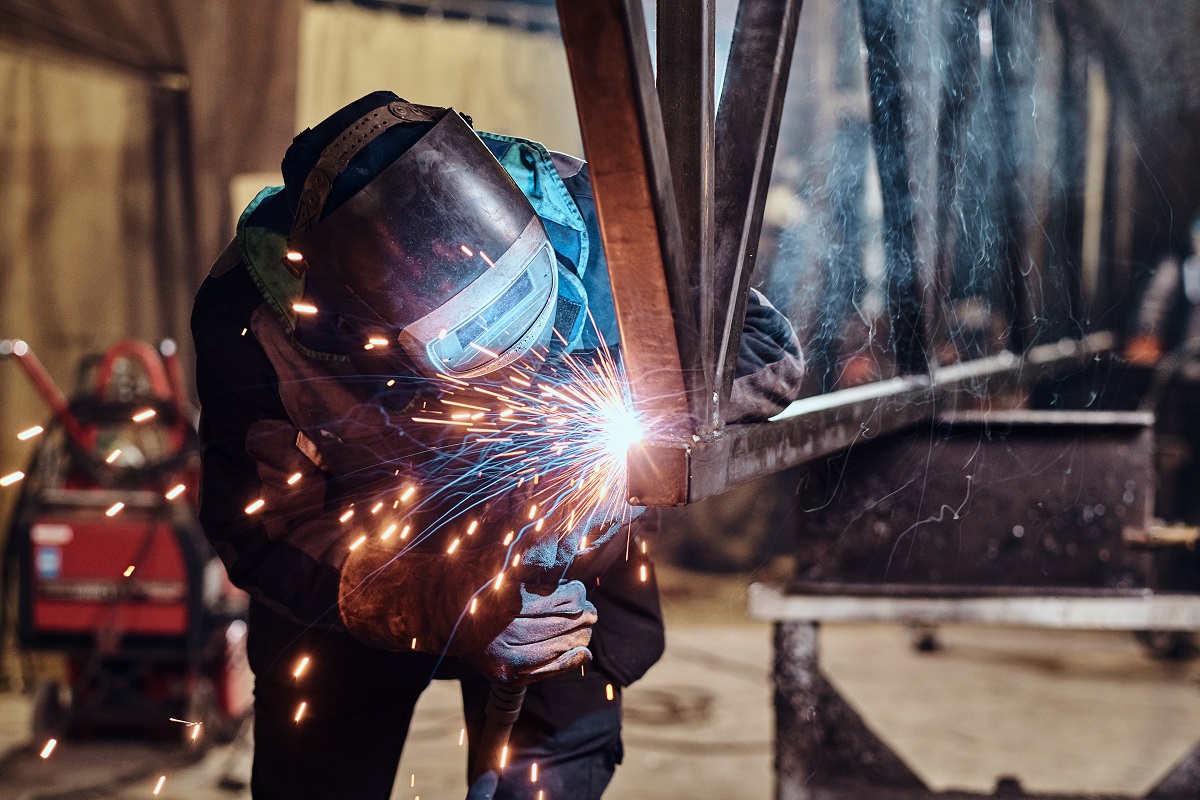What is the importance of quality control in metal fabrication?
- Improved safety
- Reduces cost
- Compliance with industry standards
- Company reputation
- Builds customer relationship
In metal fabrication or the manufacturing industry as a whole, quality control is defined as a series of activities measured against standards that are designed to maintain quality for consumer goods and other manufactured parts. Firms are always underscoring the importance of quality control in metal fabrication, as this serves as the guideline for safety, cost reduction, compliance with standards, and many more.
In order for these businesses to continue serving their customer base and make their operations more uniform, they always implement an in-house quality control program. From the customer’s point of view, a mature model for quality control means that they get a better return of investment on their custom fabricated parts. As long as they continue to rely on fabrication companies that prioritize quality control, they can be assured of reliable and dedicated services. Read on to learn more.
Improved Safety
Metal fabrication businesses have the legal duty to ensure the safety and well-being of their employees. Especially for those that directly work on fabricated parts, safety is a must in order to prevent undue accidents and injuries.
As you may know, much of the metal manufacturing sector depends on the use of high-grade cutting equipment, press brakes, and other types of machinery. When operators and other on-site employees are trained on safety precautions and other procedures on operating fabricating devices, they can much more efficiently perform their tasks.
Whatever aspect of fabrication — from designing, crafting, to installation — regular quality control checks should be done in order to determine process flaws. Such flaws may stem from inadequate provision of safety gear, improper use of machinery, poor site layout/design, and the like. Knowing this, improved safety can be achieved through the following:
- Creating design prototypes that meet regulatory standards
- Making design re-evaluations
- Using materials that satisfy the OSHA code (The Occupational Safety and Health Standards Act)
- Ensuring welders, tackers, and machine operators are all qualified
- Proper shipping, handling, and storing of devices.
Reduces Cost

The cost of running a metal fabrication plant is no less staggering. Just as it is important to prioritize the safety of employees, it’s also crucial that costs are reduced without quality and health compromises. Some clear signs that a company’s cost-cutting measures are still in line with industry standards may involve the use of in-house engineers, choosing correct materials, supplying directly from mills, and the like.
Keep in mind that high fabrication costs will ultimately be passed onto the consumer. This is why the latter opts for more price-competitive solutions from suppliers that are transparent and maintain high tolerances in every way possible through fabrication materials, management, and labor. Before choosing a supplier, make sure that you request a quality control policy or other related documentation that signifies their commitment to best industry practices.
Compliance with Industry Standards
Any fabrication company will claim to be compliant with industry standards, so it may be difficult for you to filter out those that are actually permitted. This is why it’s crucial that the company you choose has the resources, expertise, and equipment to show up for such claims.
Transparent firms will be more than happy to share with you pieces of documentation or permits that signify their processes and overall business model adhere to standards. For example, one such standard is defined by the American Welding Society which defines the rules and regulations for qualifying any welding-related operation. In the Philippines, an AWS-accredited manufacturing firm will always be able to show you the proper credentials from an ATF welder test facility. Other regulatory bodies may also require similar standards, depending on the fabrication firm’s practice of different machining techniques.
Company Reputation

A fabrication company’s reputation could be on the line if they have been found to be operating with risks stemming from safety or other operational procedures. As such, quality control should be part and parcel of their fabrication process in order to maintain safety, productivity, and compliance.
Ask your metal fabricator if they can truly deliver on such promises as using high-grade raw materials in order to produce cost-effective products, trained staff, well-maintained machinery, and the like. Look out for inspection policies for activities like drawing, drafting specifications, welding qualifications, storage, and shipment of fabricated parts.
Remember that any firm that is able to meet these quality control checks will always have a good reputation from past professional clients and other customers. Make sure that you conduct a comprehensive background check before making a decision.
Builds Customer Relationship
Finally, quality control in metal fabrication determines the quality of relationships and partnerships that businesses have with their clients. In the long run, these same companies will realize that having a well-established quality control system offers their business and customers more value.
For example, when customers put their trust in a metal fabrication company, there’s a good chance that they will continue coming back to the same business for a variety of needs. This is because they understand that the firm is able to meet its fabrication requirements and are able to fulfill partnership agreements without reneging on its claims.
Key Takeaway
Whether you’re a fabrication company or simply a customer in need of custom-made metal parts, you should understand the importance of quality control in metal fabrication. To reiterate, this set of policies relating to employee safety, product quality, machine handling, product storage, shipment, and the like are all critical in the metal fabrication process.
With a concrete document showcasing a commitment to quality control, a metal fabrication company will benefit not only from sustained customer loyalty but a developed business model that can cater to nearly all industries.







